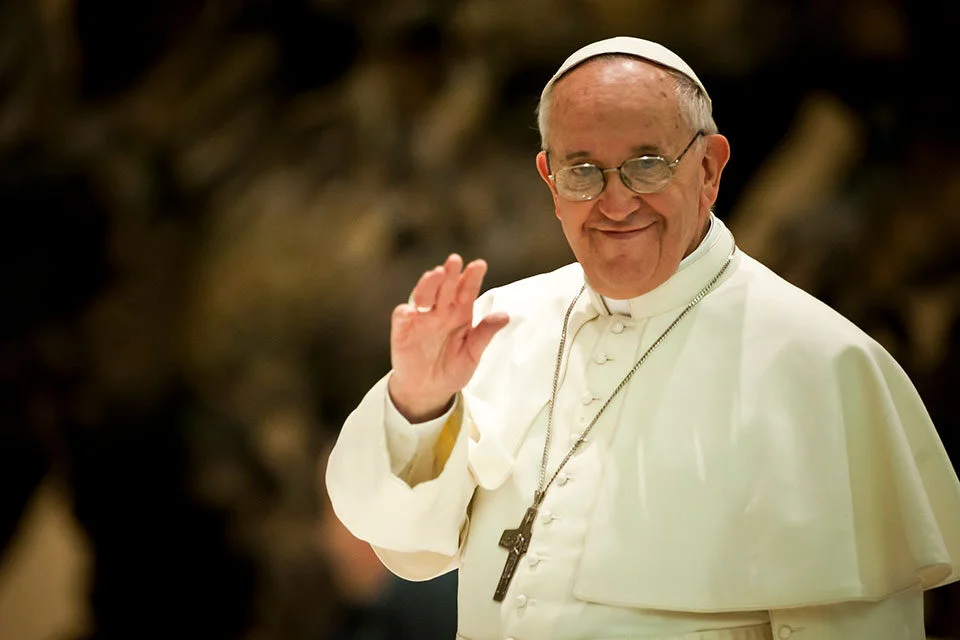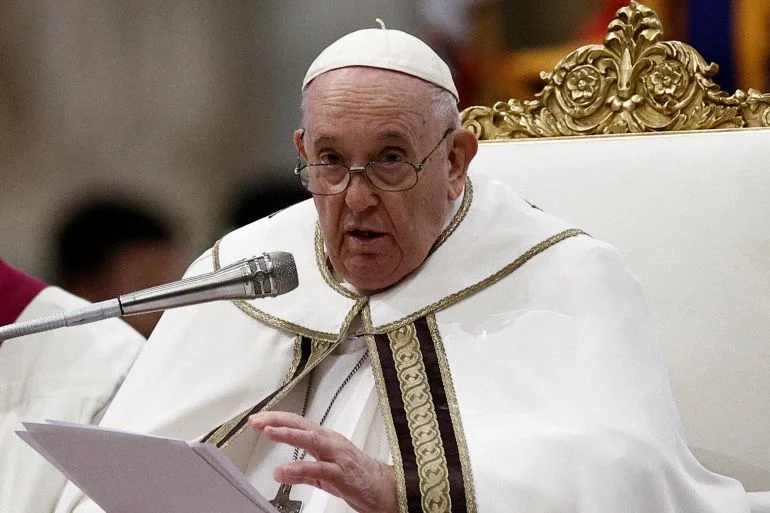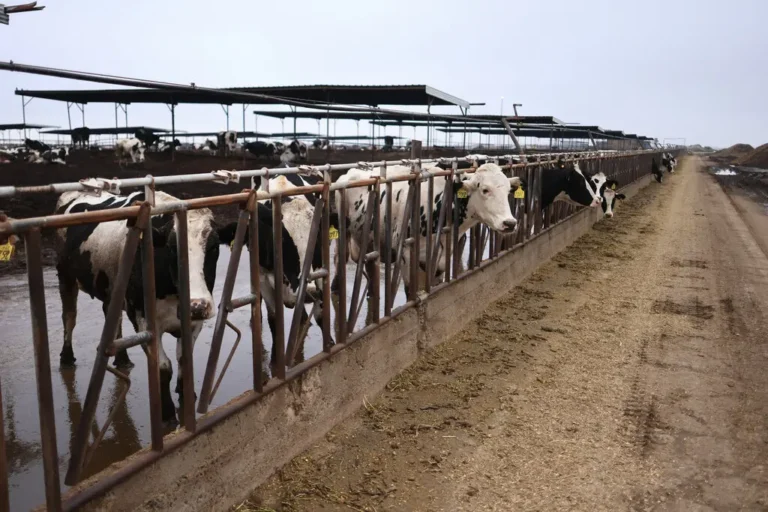Pope Francis, born Jorge Mario Bergoglio on December 17, 1936, in Buenos Aires, Argentina, is the current head of the Roman Catholic Church. Ascending to the papacy on March 13, 2013, he succeeded Pope Benedict XVI as the 266th Pope. Pope Francis is renowned for his humility, progressive views, and commitment to social justice. A unique aspect of his papacy is his approach to personal finances and salary, which deviates significantly from conventional expectations.
Table of Contents

Also Read: Is Pope Francis the Last Pope?
The Background of Pope Francis
Before his papal appointment, Jorge Mario Bergoglio held prominent roles within the Church. He served as the Archbishop of Buenos Aires and was elevated to cardinal in 2001 by Pope John Paul II. His journey began with a strong focus on education and theology, having initially studied chemistry before pursuing the priesthood. His Jesuit background has greatly shaped his papal approach, emphasizing simplicity, service, and advocacy for the marginalized.
The Papal Role and Responsibilities
As the spiritual leader of over 1.3 billion Catholics globally, the Pope bears significant responsibilities. These include guiding Church doctrine, overseeing Vatican administration, and representing the Church in diplomatic matters. Pope Francis has garnered attention for his efforts in addressing critical global issues such as climate change, poverty, and fostering interfaith dialogue.
Pope Francis’ Salary
Contrary to common expectations, the Pope does not receive a traditional salary. The Vatican confirms that Pope Francis has never had a personal salary. This practice aligns with the Church’s principles of humility and service. Instead of a salary, the Pope’s needs are covered by the Vatican’s resources, which include provisions for his living expenses, travel, and other necessities. This arrangement underscores his commitment to the values of simplicity and selflessness.
Embracing Modesty and Financial Transparency
Pope Francis is known for his modest lifestyle, a reflection of his personal values and papal message. He chose to reside in the Domus Sanctae Marthae, a guesthouse in the Vatican, rather than the more luxurious Apostolic Palace. This choice highlights his dedication to simplicity and accessibility. His financial approach aligns with his broader emphasis on humility and service, reinforcing his role as a leader committed to living out the Church’s values.
Charitable Endeavors and Donations
Although Pope Francis does not receive a salary, he has access to funds allocated for charitable purposes. His generosity is well-documented, with significant contributions to various causes. For example, he has been actively involved in supporting refugees, aiding the poor, and helping victims of natural disasters. His charitable work is funded through donations to the Vatican and its associated charitable organizations, reflecting his deep commitment to addressing global needs and supporting those in crisis.
The Financial Landscape of the Vatican
The Vatican has a multifaceted financial structure, generating revenue through donations, investments, and the Vatican Museums. The Holy See, the central governing body of the Catholic Church, manages these finances. Despite its considerable wealth, the Vatican has faced financial challenges, including budget deficits. In response, Pope Francis has implemented reforms aimed at enhancing financial transparency and accountability within the Vatican, striving to address financial inefficiencies and promote greater openness.
Comparing Financial Arrangements with Other Religious Leaders
The Pope’s financial arrangements are distinctive compared to other religious leaders. While many religious figures receive salaries or stipends, the Pope’s needs are fully covered by the Church. This unique arrangement emphasizes the distinct nature of the papacy, focusing on service and spiritual leadership rather than personal wealth. The Pope’s financial model highlights a commitment to living out the principles of humility and service that are central to his role.
FAQ
Q: Why doesn’t Pope Francis receive a salary?
A: Pope Francis does not receive a salary to align with the Church’s principles of humility and service. His living expenses and other needs are covered by the Vatican’s resources.
Q: What is the significance of Pope Francis living in the Domus Sanctae Marthae?
A: Pope Francis chose to live in the Domus Sanctae Marthae, a guesthouse in the Vatican, instead of the Apostolic Palace, to reflect his commitment to simplicity and accessibility.
Q: How does Pope Francis support charitable causes?
A: Pope Francis supports charitable causes through donations and initiatives funded by contributions to the Vatican and its charitable organizations. His work includes aiding refugees, the poor, and disaster victims.
Q: What financial challenges has the Vatican faced?
A: The Vatican has experienced financial difficulties, including budget deficits. Pope Francis has introduced reforms to improve financial transparency and accountability.
Q: How do the Pope’s financial arrangements compare to other religious leaders?
A: Unlike many religious leaders who receive salaries or stipends, the Pope’s needs are covered by the Church, emphasizing the unique nature of the papacy and its focus on service rather than personal wealth.




